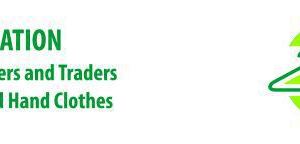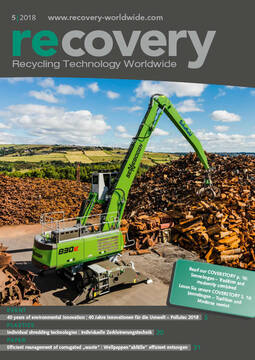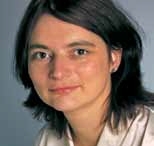Declaration on the revised Bulgarian legislation on used clothing recycling
At the BIR London Convention’s “Workshop on the Bulgarian Eco-Tax on Second Hand Clothing” on 8 October 2018, the Bulgarian Association of Recyclers and Traders of Second Hand Clothes (ARTSHC) explained the proposed changes to its national laws affecting second hand clothing.
On 30 May 2018, the Bulgarian government started procedures to change its Waste Management law, including the introduction of a fee for all second hand clothes put on the local market, potentially under Extended Producer Responsibility. Official statements from the Bulgarian Ministry of the Environment and Water do not explain if the proposed changes to the law will affect only second hand textiles or also new textiles.
The stated intention of the changes to the law is to implement 2018 revisions to the EU Waste Framework Directive. The Extended Producer Responsibility fees are justified, it is claimed, in order to prevent the burning of waste textiles within Bulgaria as well as to reduce Bulgarian imports of second hand clothing. ARTSHC believes bringing in a fee or Extended Producer Responsibility will not lead to the intended outcome.
The European Union relies on each of its Member States to support the Circular Economy. A large proportion of the second hand clothing collected in Western and Central Europe is exported to Eastern Europe where it is sorted and prepared for reuse. The proposed fee and Extended Producer Responsibility will lead potentially to the closure of sorting companies in Bulgaria as this will be a direct cost on their businesses. This will jeopardize other textiles industries across Europe that export second hand clothing to Bulgaria. Collection systems and collectors across the EU will not achieve the value of the textiles they collect.
These adverse effects will undermine the general credibility of Extended Producer Responsibility, and in particular the use of Extended Producer Responsibility for the Circular Economy.
Last but not least, the Bulgarian government will not meet the recycling targets for textiles set down in the revised Waste Framework Directive by damaging existing companies through excessive fees and Extended Producer Responsibility costs. The textile recycling sector works already within very small margins. Damaging legal businesses will simply allow the already existing black economy of unregistered companies to grow. In addition, the proposed fee and Extended Producer Responsibility will not prevent burning of unusable cheap textiles.
ARTSHC calls for a total transparency of the management of any fees that would be collected, including under an Extended Producer Responsibility scheme.





